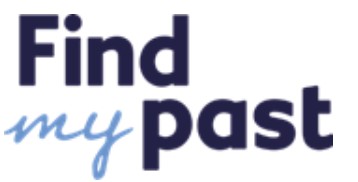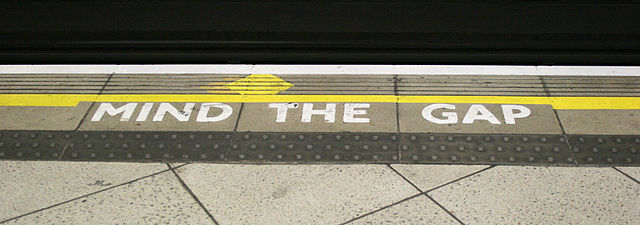 Anglo-Boer War Records 1899-1902
Anglo-Boer War Records 1899-1902
Covering the years 1899-1902, 24,088 new transcriptions have bolstered this existing collection.
Don’t look for Canadians. I found only one listed, George A S Sparkes of Strathcona’s Horse. That’s out of a total of 7,368 Canadians and 12 Nursing Sisters who served in South Africa. Strathcona’s Horse embarked 28 officers, 512 other ranks from Canada for South Africa in March 1900.
Find information on Canadians from the Library and Archives Canada research guide South African War, 1899-1902 – Service Files, Medals and Land Applications .
Derbyshire Births & Baptisms
An additional 13,932 non-conformist baptism transcriptions, from 1760 to 1966 appear this week. This collection, now totalling 1,251,107 entries, including duplicates. It’s published in partnership with Derbyshire Family History Society, the Family History Federation and FamilySearch Intl.
Yorkshire Monumental Inscriptions, Exley Cemetery
The Yorkshire monumental inscriptions collection was also updated this week with 6,979 additional records between the years 1626 and 2023.
There seems to be confusion about the cemetery name. Exley does not appear in FMP’s Yorkshire monumental inscriptions parish list. Google maps, and a sign on at the entrance shown on Street View indicate a name Elland Cemetery with address 30 Exley Ln, Exley, Elland HX5 0SW, United Kingdom


 From MyHeritage, 371,696 records for those serving in the British Army and Air Force in 1920.
From MyHeritage, 371,696 records for those serving in the British Army and Air Force in 1920. UK Ordnance Survey Maps, published in 1973, came out of copyright on 1 January 2024. The National Library of Scotland was on the ball, making 1,868 maps at scales of 1:1,250 to 1:10,560 available online. These include 1,151 detailed maps at scales of 1:1,250 and 1:2,500 covering areas in Scotland, and 717 less detailed maps at scales of 1:10,000/1:10,560 covering areas in England, Ireland, Scotland and Wales. More detailed maps for other areas are coming.
UK Ordnance Survey Maps, published in 1973, came out of copyright on 1 January 2024. The National Library of Scotland was on the ball, making 1,868 maps at scales of 1:1,250 to 1:10,560 available online. These include 1,151 detailed maps at scales of 1:1,250 and 1:2,500 covering areas in Scotland, and 717 less detailed maps at scales of 1:10,000/1:10,560 covering areas in England, Ireland, Scotland and Wales. More detailed maps for other areas are coming.
